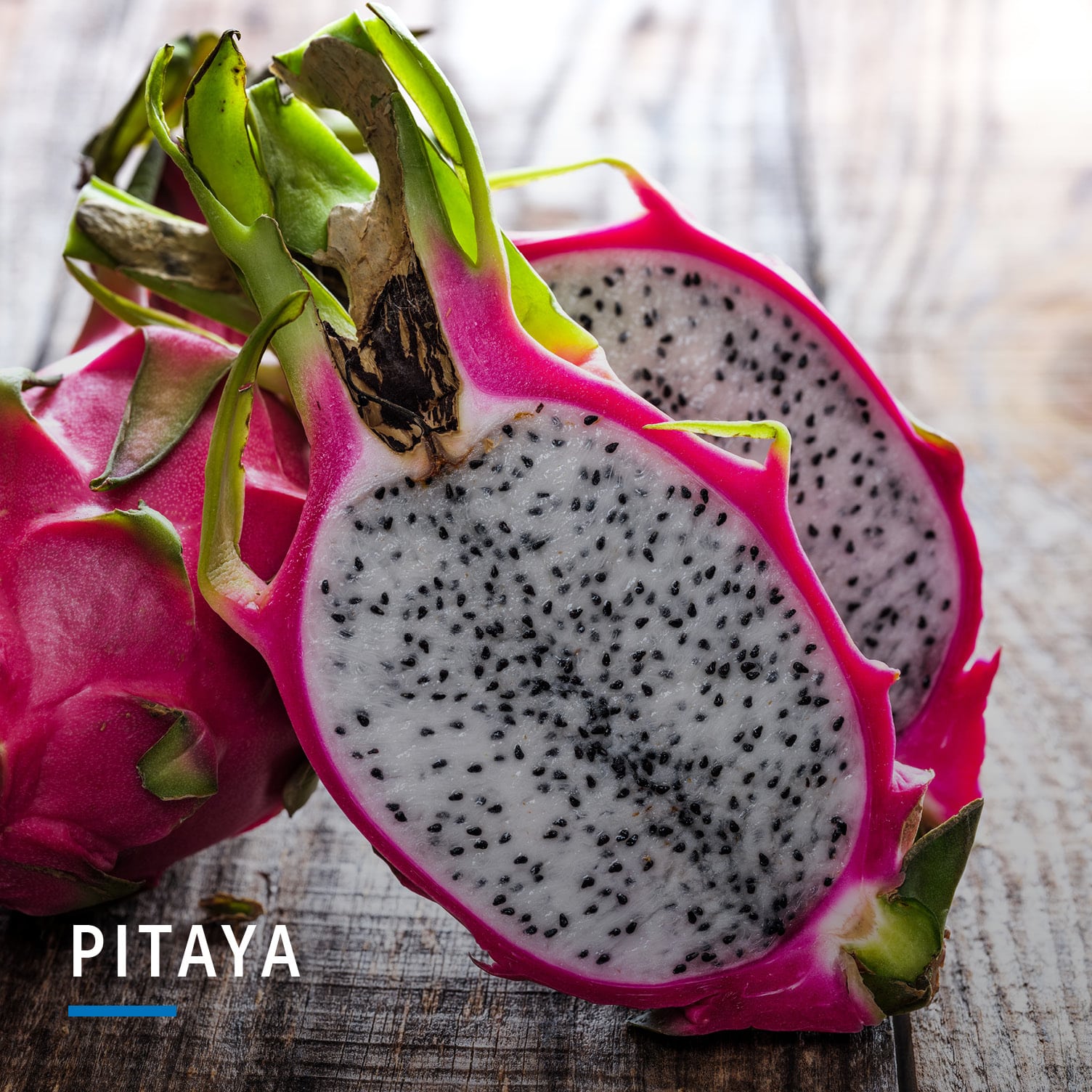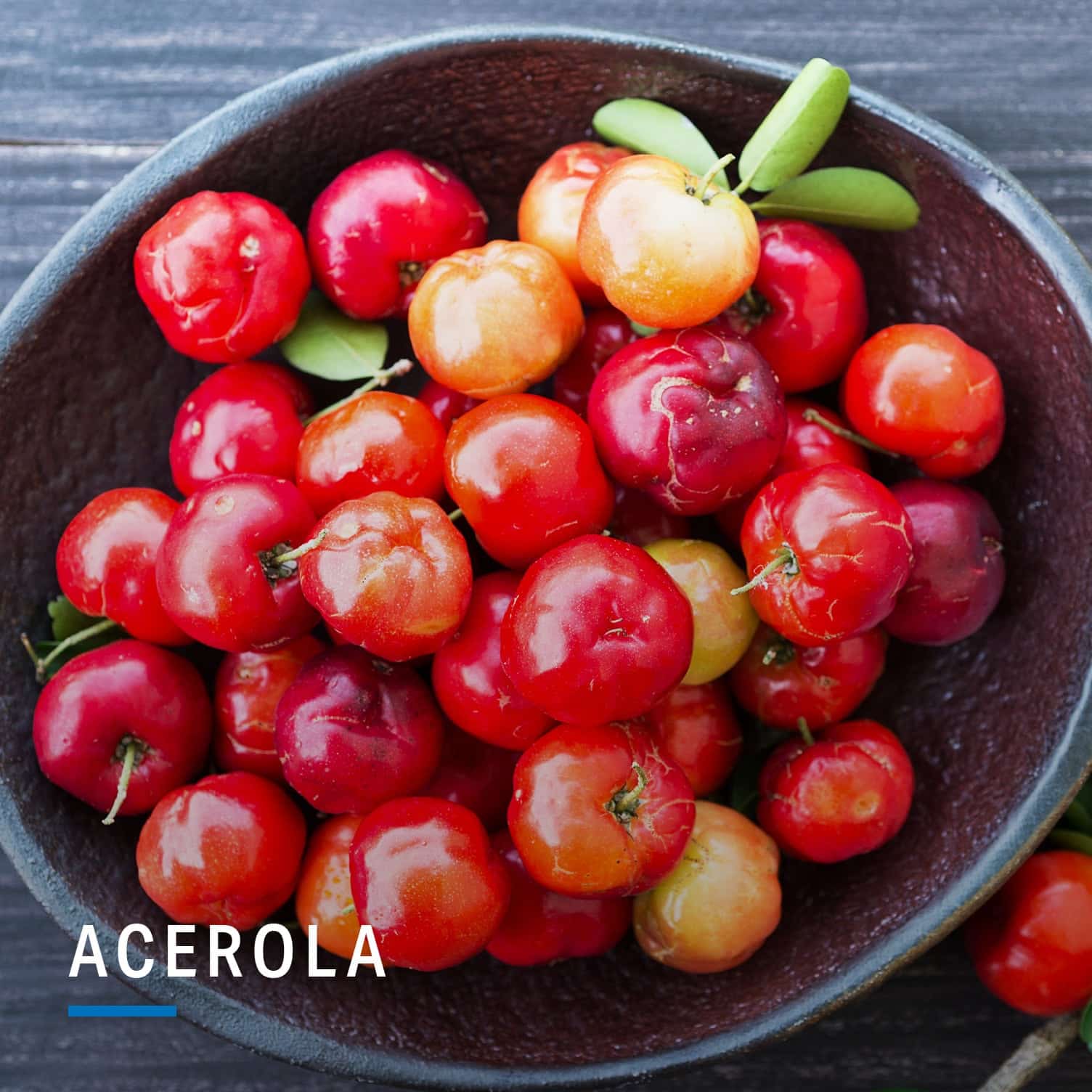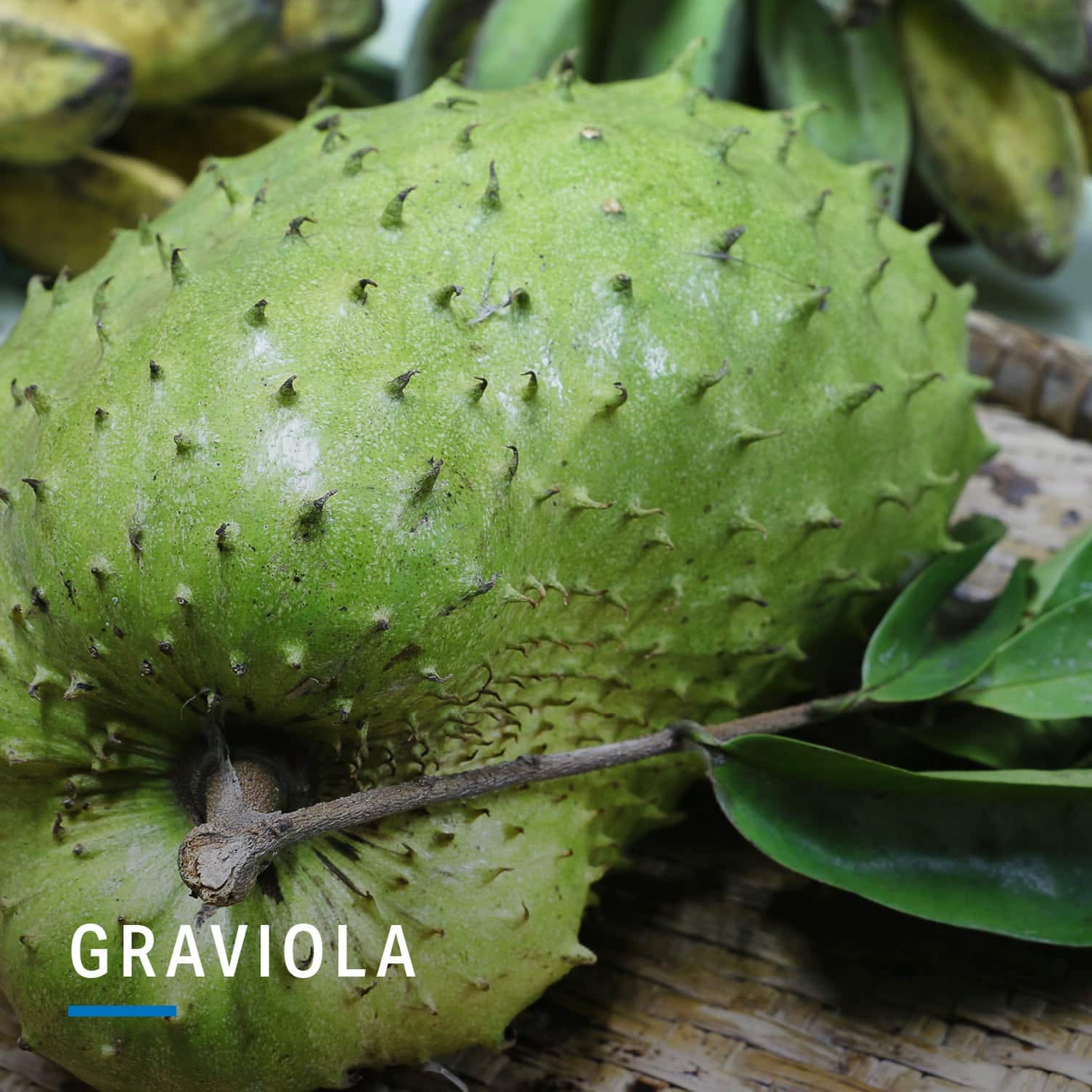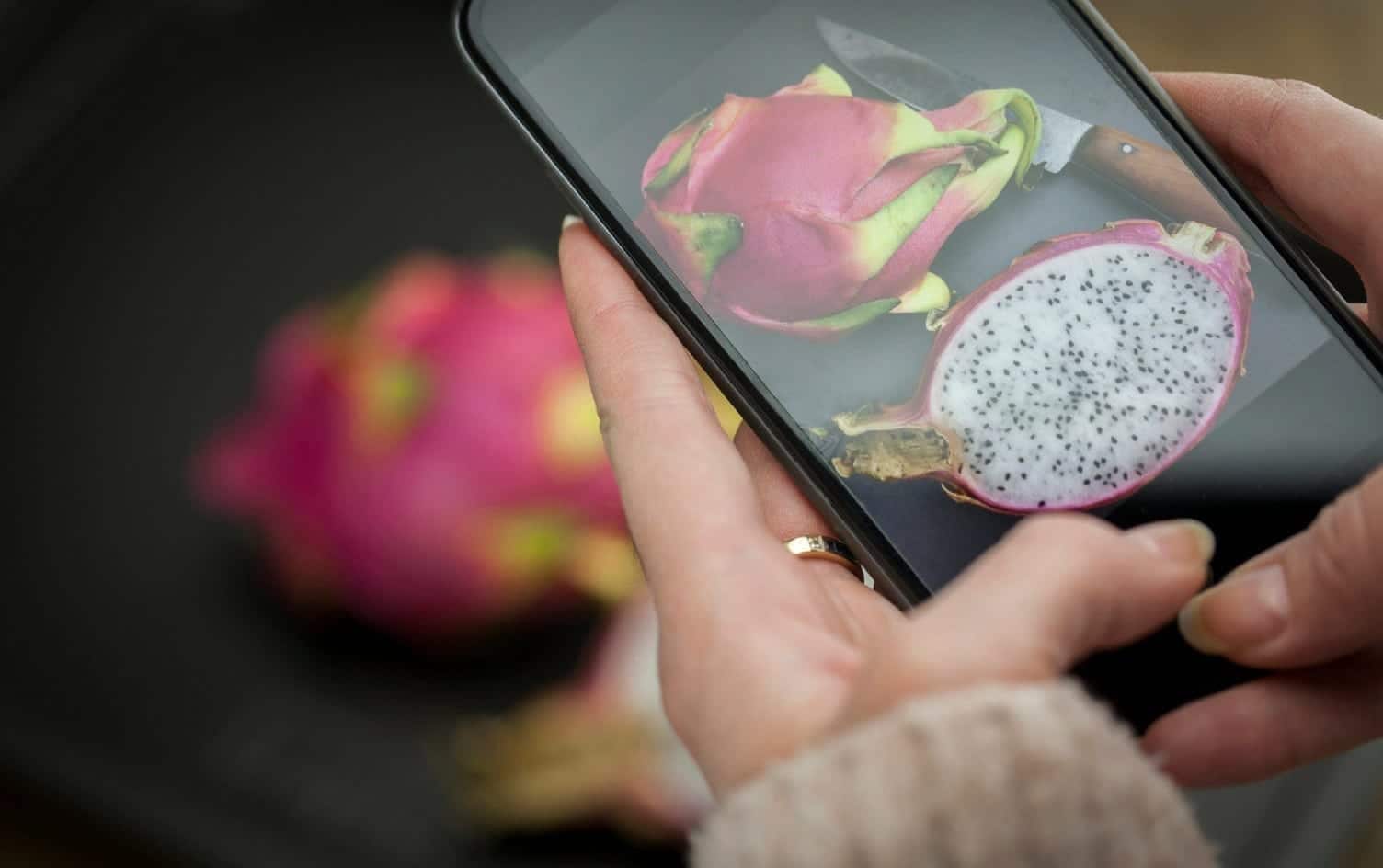The recent wave of so-called “superfoods” is a mouthful in more ways than one. Let’s put it this way: If they have as many vitamins as they do syllables, they must be incredibly healthy.
We’ve taken a deeper dive into three trendy ones: pitaya, graviola and acerola. Here’s what’s behind each name and what to make of the health hype.

Bright red with green spikes, and also known as dragon fruit, pitaya has a soft, seeded interior resembling kiwi and it tastes similar, with a touch more blandness.
Although sometimes described as a “superfood,” pitaya isn’t extravagantly healthier than more accessible and affordable fruit. It doesn’t have a stunning amount of vitamin C — pretty much everything from oranges and kiwis to strawberries contains far more — although it’s a good source of magnesium and fiber. While animal studies involving feeding mice the extract of the fruit showed benefits such as reduced insulin resistance and less weight gain on a high-fat diet, no studies on humans showed the same results.
Much like acai puree, frozen packs of pitaya are fairly easy to find, with the brand Pitaya Plus available at lots of grocery stores nationwide. It can provide a tasty foundation for a dairy-free smoothie or breakfast bowl that won’t require extra sweetening and will delight vegans.
The verdict: No need to panic if you’re not eating it by the bucketful, but there aren’t drawbacks to enjoying this exotic fruit in either fresh or frozen form.

This small red berry resembles a cherry and also goes by the names West Indian or Barbados cherry.
There’s a superpower in this tiny sphere: The fruit contains more than 1600 mg of vitamin C per 100 grams — compare that to the mere 50 mg of the vitamin in the same amount of oranges. Impressive! However, considering the RDA for adults is 60 mg of vitamin C per day, most people don’t necessarily need a mega dose. Yet, keeping up healthy levels of vitamin C is essential since our bodies don’t store or produce it, and it offers proven benefits: Studies show it helps boost the immune system and provide antioxidants to combat free radicals that lead to degenerative diseases. Other claims about acerola, such as its ability to prevent cancer or improve metabolism, are not proven by scientific research. One more thing to consider: You might be getting plenty of vitamin C from your regular diet already.
The verdict: If you do want to consume more vitamin C, fresh acerola cherries are a potent source; you could also use acerola in extract or powdered form instead of your current vitamin C supplement.
READ MORE > RANKING 25 SUPERFOODS [INFOGRAPHIC]

If you’re in the habit of eating raw graviola — in which case you might know its many other names, including soursop, Brazilian paw paw, guyabano and custard apple — you’re already familiar with its spiky green exterior and mild white interior fruit.
It’s frequently used in South America to flavor drinks and sweets but doesn’t have an otherworldly superfood profile. In terms of vitamin C, it contains around half as much as oranges (which offer 53 mg of the vitamin per 100 grams of fruit). If your fruit bowl isn’t exotic enough to boast graviola as a regular addition, you might have tried it in powdered supplement form. Either way, beware the health claims around this fruit. The internet is rife with rumors that graviola can treat everything from depression to bacterial infections, but there’s no scientific research to bolster such ideas. This is particularly true in regard to the popular claim that graviola can help prevent or combat cancer. In recent years, the FDA has even sent warning letters to producers of graviola supplements to stop them from spreading unproven cancer-cure related theories.
The verdict: Eating the fresh fruit is fine if you enjoy its pineapple-like flavor, but use caution if consuming the supplement and be skeptical of the extravagant array of unproven health claims.




